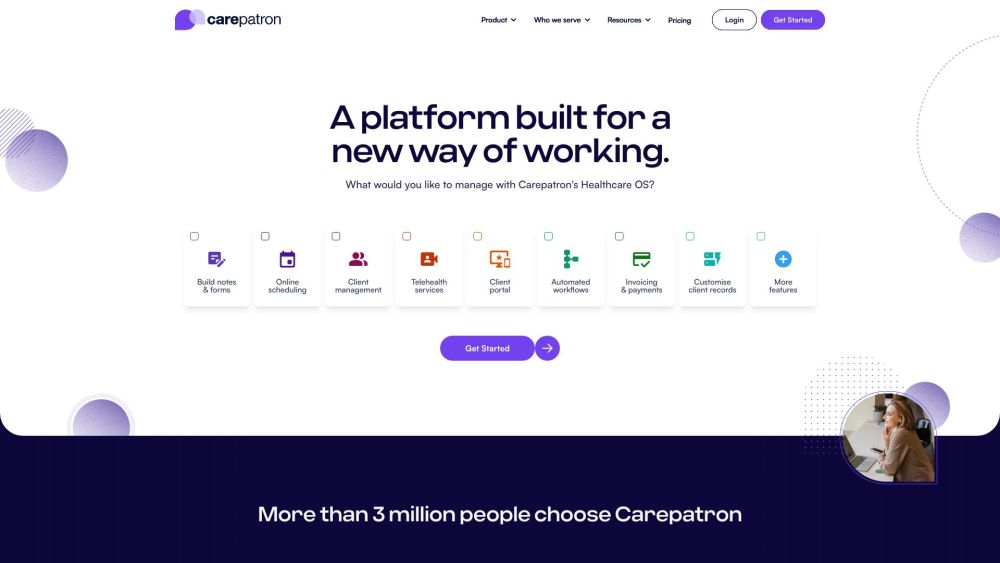According to a recent report by The Wall Street Journal, artificial intelligence (AI) is revolutionizing the tech outsourcing industry in India, potentially leading to significant job losses. Data from the National Association of Software and Service Companies shows that in the year ending March, the Indian tech outsourcing sector created only 60,000 new jobs—the lowest annual growth rate in over a decade. During the same period, the total number of employees at India’s three largest tech firms—Tata Consultancy Services, Infosys, and Wipro—fell by more than 60,000.
Currently, the Indian tech outsourcing industry employs approximately 5.4 million people, generating a business volume of $250 billion, accounting for about 8% of the nation's economy. HSBC reports that over 80% of the companies in the S&P 500 outsource some functions to India. Thus, while AI is reshaping outsourcing, it is also deeply affecting the Indian economy. The report notes, “AI may intensify the trend of reducing labor intensity in the tech outsourcing sector.” A decade ago, companies needed 27 employees to achieve $1 million in annual revenue; today, that number has dropped to 21. Previously, businesses charged clients based on the number of employees involved in projects, but now, fees are mostly tied to deliverables.
“Global demand for labor will decrease, and while the extent of India’s role in this decline is unclear, I remain somewhat pessimistic,” warns Daniel Lee, a professor at MIT Sloan School of Management. However, many executives within India’s tech space are optimistic, envisioning that AI will phase out outdated business models while also creating new opportunities. They attribute the current slowdown in the sector to over-hiring during the pandemic rather than solely to AI and automation. During the pandemic, the industry added 450,000 jobs in just one year.
Despite these challenges, Tata Consultancy Services' Chief Technology Officer, Harlick, emphasizes that future roles will demand higher levels of critical thinking, design, strategic goal-setting, and creative problem-solving skills. For outsourcing companies, enhancing skillsets has always been a key focus, with a pursuit of processes and products that yield higher profits. Industry leaders are increasingly aware that low-end outsourced services, such as call centers, face an inevitable decline, even if this transition takes longer than expected.
Furthermore, the Indian tech outsourcing industry grapples with a significant digital talent gap. It is estimated that less than 20% of India’s 1.5 million engineering graduates enter the tech sector. The National Association of Software and Service Companies predicts that the supply-demand gap for digital skills will widen from 25% in 2023 to 28%-29% by 2028. The association reports that more than half of the current workforce needs retraining to meet the future demand for AI and other advanced skills over the next 2-3 years. Major companies are already initiating AI training programs for their employees. For instance, Tata Consultancy Services has launched an internal AI training initiative to support its ongoing 200+ AI projects, while Infosys and Wipro have also invested in large-scale AI training programs.





